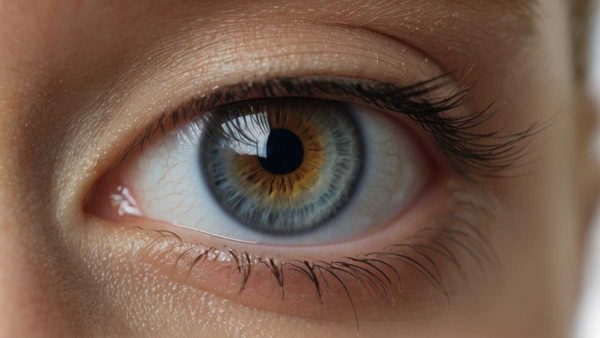Are diabetic eye problems reversible?

Understanding diabetic eye health is crucial, especially for young people. Diabetes, a condition affecting blood sugar regulation, can lead to various health complications, including significant eye problems. This guide aims to shed light on how diabetes impacts eye health and what measures can be taken to address these issues.
The impact of diabetes on eyes
Diabetic retinopathy is a primary concern for individuals with diabetes. This condition, caused by damaged blood vessels in the retina, can lead to vision impairment. High blood sugar levels associated with diabetes can also increase the risk of developing cataracts, where the eye’s lens becomes cloudy, and glaucoma, which involves increased pressure within the eye, potentially damaging the optic nerve. Understanding these complications is the first step in proactive eye care.
Reversibility of diabetic eye damage
The question of whether diabetic eye damage is reversible is complex. While some effects can be managed or improved, others might be permanent. The key to prevention and potential reversal lies in early detection and maintaining blood sugar levels within a healthy range. It’s akin to managing a garden – regular care can prevent weeds (complications) from taking over.
Treatment and management strategies
Various treatments are available for managing diabetic eye conditions. These range from laser therapy, which helps seal or shrink damaged blood vessels, to medications that reduce eye pressure and inflammation. In some cases, surgery may be necessary. However, the cornerstone of managing these conditions lies in regular eye exams, which can detect problems early when they’re most treatable. Coupled with a healthy lifestyle, including a balanced diet and exercise, these strategies play a vital role in maintaining eye health.
Lifestyle and prevention
Leading a healthy lifestyle is crucial in preventing diabetic eye problems. Regular physical activity and a nutritious diet can significantly reduce the risk. Teens should be particularly mindful of their sugar intake and overall diet, as these factors can influence blood sugar levels and, consequently, eye health. Routine health check-ups and careful diabetes management are also key preventive measures.
While not all diabetic eye problems are reversible, effective management and prevention strategies can significantly reduce their impact. Early detection, regular eye care, and a healthy lifestyle are vital. Teens, especially those at risk for diabetes, should be proactive in learning about and practicing good eye health habits. Remember, taking small steps today can protect your vision for years to come.
